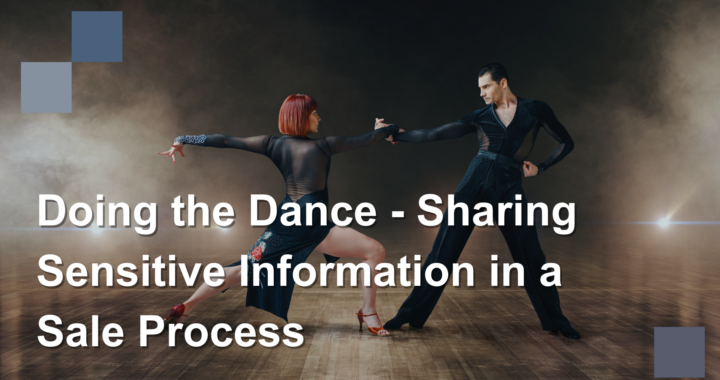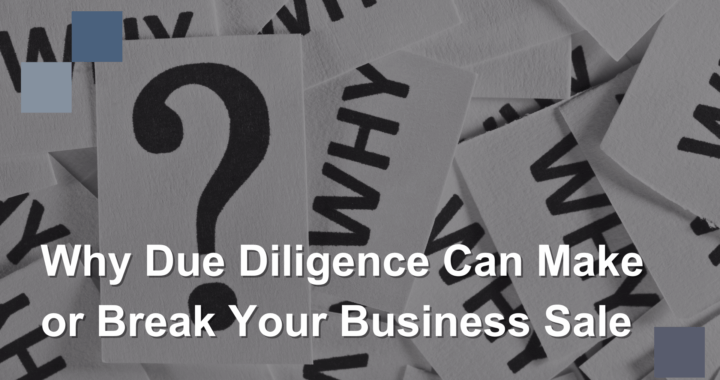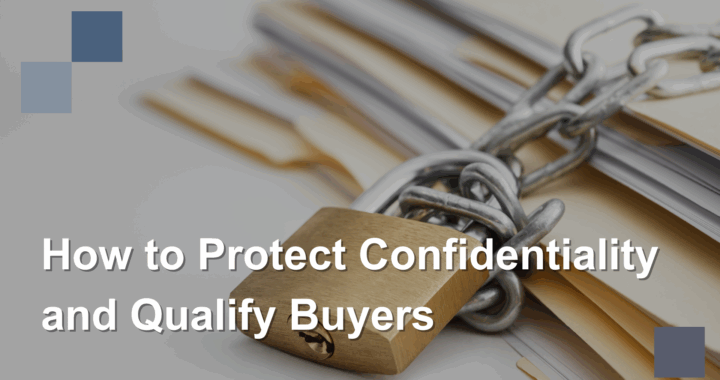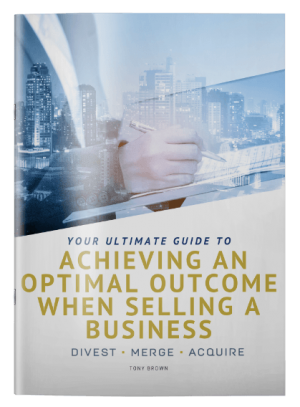Why Due Diligence Can Make or Break Your Business Sale
Selling a business is a significant milestone, often the result of years, even decades, of dedication and hard work. Yet, between agreeing on terms and finalising the transaction lies one of the most crucial stages: due diligence.
Due Diligence is where buyers thoroughly examine the business to verify everything they’ve been told about the business. It’s not just a formality; it’s the buyer’s way of confirming that the business is what it appears to be. For sellers, understanding the process and preparing for it can mean the difference between a smooth transaction and a deal that falls apart.
What Is Due Diligence?
Due diligence is far more than a quick check, it’s an in-depth investigation by the buyer to confirm the true state of the business. This process typically spans three major areas: financial, legal, and operational.
Financial due diligence involves a thorough review of revenue streams, expenses and profitability to ensure the numbers presented are accurate and sustainable. This also includes a review of the tax implications of the business. Buyers want to understand not just historical performance but also the reliability of future earnings.
Legal due diligence focuses on compliance and risk. It examines contracts, licenses, intellectual property and regulatory obligations to identify any potential liabilities or gaps that could affect the transaction or future operations.
Operational and commercial due diligence looks at the inner workings of the business. It reviews the systems, processes, supply chain and key personnel. Buyers assess whether the business model is robust and scalable and whether there are any operational weaknesses that need attention.
Beyond these core areas, buyers also scrutinise risks and liabilities that could impact long-term performance such as pending litigation, customer concentration or reliance on key suppliers.
The ultimate goal is simple, buyers want confidence that the business they are acquiring matches what was represented and that there are no hidden surprises. For sellers, understanding this process and preparing thoroughly can make the difference between a smooth transaction and a deal that stalls or collapses.
Why It Matters
Due diligence can be an intense and demanding stage of the sale process. Buyers often request large volumes of information, and without a clear plan, this can quickly become overwhelming for a seller. If the process isn’t managed well, several risks can arise that may jeopardise the deal.
One of the biggest risks is time. Deals thrive on momentum, and the longer due diligence drags on, the greater the chance of buyer fatigue or changing circumstances that can derail the transaction.
Another common issue is over-disclosure, providing unnecessary information that can create legal exposure or weaken your negotiating position.
Finally, surprises uncovered during due diligence, such as unresolved compliance issues or inconsistencies in financials can lead to difficult contract negotiations, price reductions or even termination of the deal. Managing these risks requires preparation, organisation and proactive communication. By anticipating potential challenges and addressing them early, sellers can keep the process moving smoothly and maintain buyer confidence.
How to Prepare for Success
Here are practical steps every seller should consider:
Organise Early
Start gathering key documents before the process begins such as financial statements, management accounts, sales data, contracts, employee agreements and compliance records. Being prepared speeds up responses and builds buyer confidence.
Prioritise Requests
Buyers often ask for everything at once. Work with your advisers to prioritise what’s most critical and manage resources effectively.
Track Disclosures
A record must be kept of every document and any information provided during due diligence. This not only ensures consistency but can reduce liability under warranties later.
Manage the Timeline
Momentum matters. Agree on a clear timeline and stick to it. Every extra week increases the risk of a deal falling through.
Anticipate Issues
Think like the buyer. Are there customer concentration risks? Pending legal matters? Operational bottlenecks? Address these upfront and discuss solutions not problems.
Stay Collaborative
Challenges will arise. The best outcomes come from workshopping solutions with your advisers and the buyer rather than letting issues stall the progress.
Due diligence is far more than a compliance step, it’s a critical step in building trust between buyer and seller. The process provides the buyer with confidence that the business is exactly as represented, and for the seller, it’s an opportunity to demonstrate transparency and professionalism.
At Divest Merge Acquire, we take an active role in managing every aspect of due diligence to keep the process efficient and stress-free. We host and control the secure data room, monitor all buyer questions and assist our clients in preparing accurate, timely responses. This hands-on approach ensures that information is disclosed appropriately and consistently, reducing risk and maintaining momentum. By tracking every interaction and anticipating potential issues, we minimise delays and help resolve challenges before they become obstacles.
Ultimately, strong preparation increases the likelihood of a successful outcome and ensures the transition is smooth for all parties involved.







